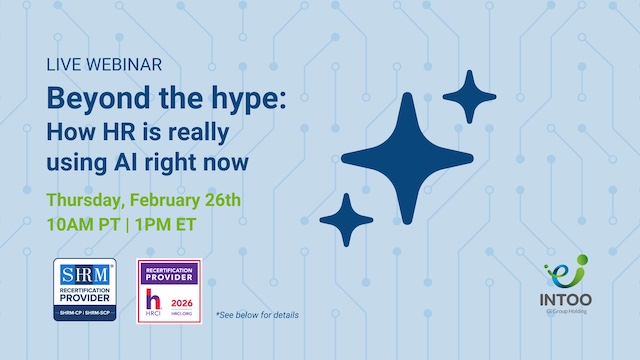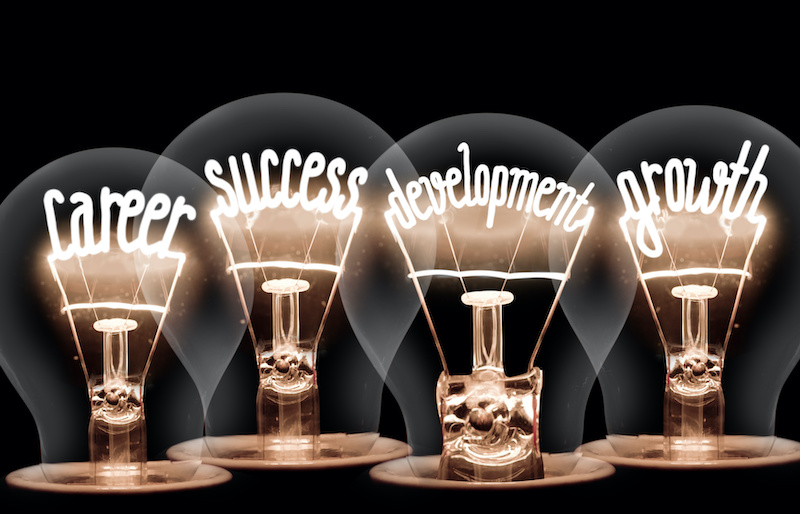What Is Generation Z?
Born between the mid-1990s and the early 2010s, Generation Z, often nicknamed “Zoomers,” stands as the first truly “digital native” generation. Unlike their Millennial predecessors who saw the rise of the internet, Gen Z has always had it woven into the fabric of their lives. With smartphones in their pockets and social media at their fingertips, they’ve navigated a world shaped by global events like the Great Recession, climate change, and political polarization.
This unique upbringing has fostered a generation known for its entrepreneurial spirit, diverse perspectives, and social consciousness. They value authenticity, prioritize mental health, and advocate for inclusivity. Gen Z is a force to be reckoned with, from championing online activism to shaping the creator economy.
What Are Some Strengths of the Generation Z Workforce?
The Generation Z workforce brings several strengths to the table, including
Tech Wizards: As digital natives, they intuitively understand technology and its potential. They readily adapt to new tools and platforms, becoming masters of automation and digital communication.
Entrepreneurial Drive: Witnessing economic fluctuations and a changing work landscape, many Gen Zers have a robust entrepreneurial spirit. They’re comfortable with side hustles, freelancing, and self-directed learning, seeking purpose and impact in their work.
Global Mindset: Growing up in a connected world, they hold a broader, more diverse perspective. They value inclusivity, appreciate different cultures, and readily collaborate across borders, bringing fresh ideas and global awareness to teams.
Social Savvy: Adept at navigating social media and online communities, Gen Z excels at building relationships and communication. They understand the power of digital tools for collaboration, marketing, and community-building.
Problem-Solvers: Gen Zers are adaptable and resourceful problem-solvers facing social and environmental challenges head-on. They readily brainstorm creative solutions, advocate for innovative approaches, and challenge the status quo.
How Does Gen Z Differ From Gen Y (Millennials)?
Generation Z differs from Generation Y (Millennials) in several key ways:
- Gen Z individuals are digital natives, having grown up in a world saturated with technology, whereas Millennials experienced the transition to digital technology during their formative years. This distinction influences their communication styles, preferences, and behaviors.
- While Millennials are often characterized by their quest for work-life balance and desire for personal fulfillment in their careers, Gen Z prioritizes stability and financial security, possibly due to witnessing economic uncertainty during their upbringing.
- Gen Zers tend to be more entrepreneurial and independent, emphasizing self-reliance and individuality more than Millennials, who are known for their collaborative and team-oriented approach.
- Gen Z is more diverse and inclusive, with a heightened awareness of social justice issues, leading to a greater emphasis on diversity and equity in the workplace compared to Millennials.




